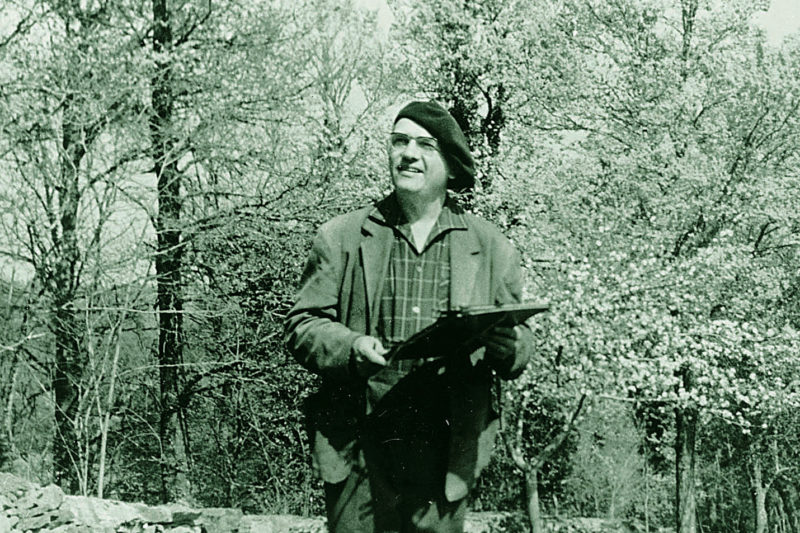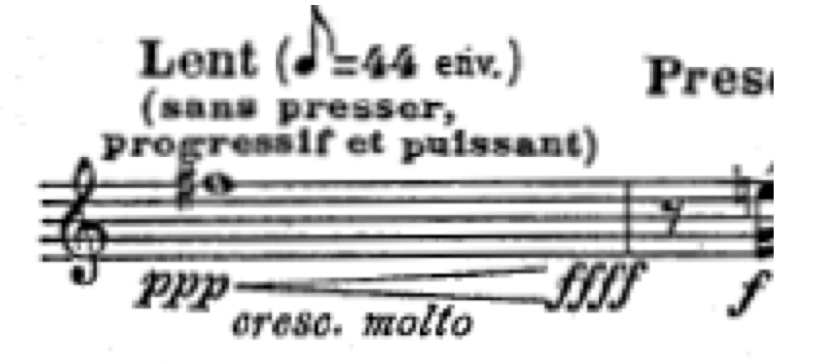
We continue our exploration of Messiaen’s “Quartet for the End of Time” in a conversation with ROCO clarinetist Maiko Sasaki (click here for the first part).
Q: Any specific narratives that help you perform your part with more emotional thrust?
Maiko Sasaki: This piece was written for a unique combination of instruments: Clarinet, violin, cello and piano. That’s because the piece was composed in a World War II prisoner-of-war camp where Messiaen was held captive. Those were the instruments and musicians that were on hand.
Q: But how was he able to compose?
MS: Messiaen was fortunate that one of the German officers recognized him as a renowned musician. The officer gave Messiaen manuscript paper, pencil and access to an organ and piano. Still, he was a prisoner with a hungry stomach in a freezing camp. Can you imagine how it was to compose music in such an environment?
Messiaen claimed that he sometimes had to compose in a latrine. It must have been painful, but at the same time, it may have given Messiaen a hope of survival.
Q: The performance of the piece seems quite timely, something you’d never have guessed when you programmed it last year.
MS: This year is the 70th anniversary of the end of World War II. And recently we witnessed horrific news from Paris. I feel very fortunate that I am living in peace in this affluent country. We would like to dedicate this performance to people in Paris and people under difficult circumstances elsewhere in the world. We would like many people in Houston to join us to pray for them with this powerful music.
Q: Any “special” effects you get to do on your instruments?
MS: Messiaen applied an extremely slow tempo, one of the premiere members said “inhumanly slow,” to express eternity or to get rid of the sense of time. It is painfully difficult to play, but it does give certain effects to listeners’ minds.
In the third movement, he also uses the slow tempo to depict the “Abyss.” It is exhausting physically to keep sound going by myself for almost 9 min without any long rest. It is like soaking your face in water for 9 minutes, with only the absolute minimum amount of air necessary for you to not die!
Q: That’s quite a feat!
MS: In the middle of the movement, there is a long held note that is marked crescendo from ppp to ffff. It requires great breath control and breathing capacity. There are three instances of this long held note in the movement. I feel like I would blow my lungs inside out!

Q: How do you feel after performing the work. Elated, exhausted?
MS: I feel exhausted, but in a good way.
What is interesting is that the piece seems to be dark and heavy with its background story and dissonant musical language. The piece pushes me over the edge that requires all my focus mentally and physically. However, after all, it also takes me to a very calm and peaceful state of mind — which makes me feel as though my soul is “saved.”
___
The ROCO Unchambered series continues with Messiaen’s “Quartet for the End of Time” on Sunday, November 22, 5 pm at the MATCH (Midtown Arts and Theater Center Houston). General admission tickets are $25; students tickets are $15.

Leave A Reply